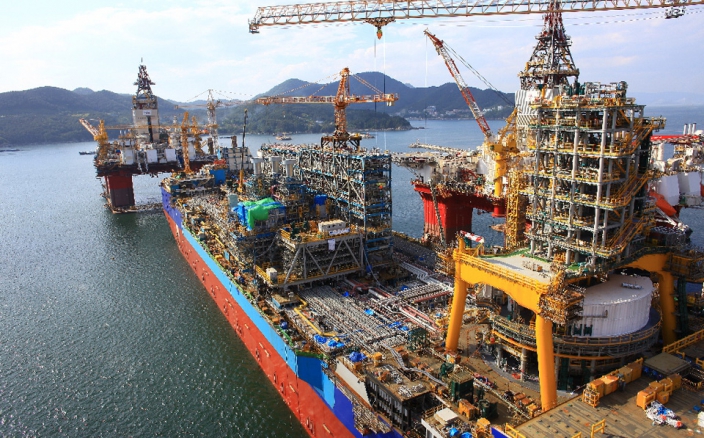04/04/2017
While natural gas production accounted for just a third of Total’s output ten years ago, it rose to a little over 48% in 2016, versus 52% for oil. This trend reflects the strategic choices of a Group that wants to shift its energy mix to meet the challenges of climate change and support growth in global energy demand.
Growth in natural gas production didn't happen by accident: it is the result of clear strategic choices. We are committed to gradually shifting our energy mix in a direction that responds to concerns about climate change. Natural gas emits only half as much carbon dioxide as coal, yet a large percentage of electricity today is generated by coal-fired power plants. Replacing these facilities with gas-fired units is the fastest, most efficient and least expensive way to reduce global CO2 emissions. The United States and China have understood this, as their recent decisions attest.
Natural gas is not just a transition energy source
It also an energy of the future. The world has abundant natural gas resources. After factoring in unconventional gas, these resources represent around 140 years of consumption at current levels — enough to provide a sustainable response to rising global energy demand. Sustainable and efficient too, because gas is a flexible energy source that allows for very agile production facilities. This makes gas the perfect partner for renewable energies, providing backup when there is no sunlight or wind and serving as an environmentally conscious supplement during consumption peaks. For all of these reasons, we here at Total believe that natural gas has substantial growth potential and that it will likely move up from third to second place in the global energy mix by 2035. This growth trend could accelerate further if calls for a fair price on carbon are heeded. This would make natural gas more competitive in relation to coal, which currently benefits from its low price and the lack of meaningful regulatory constraints on emissions.
Investing to respond to growth in global consumption
Total has been involved in all links of the natural gas chain for years, from extraction, liquefaction and shipping to regasification, marketing and trading. We have a balanced international footprint and recognized expertise in all these areas. To support growth in global gas consumption, we are investing massively, with a particularly strong emphasis on liquefied natural gas (LNG), which offers greater supply security for importing nations because it can be shipped by sea. LNG accounts for around 20% of the Group's output.
Natural gas is therefore a priority for Total and is one of the most effective ways to meet the ambitious carbon-reduction targets being set by the world's governments. For Total, natural gas is also a safe, clean and affordable solution to help meet the planet's rising energy needs. And that's what we mean by "Committed to Better Energy".




